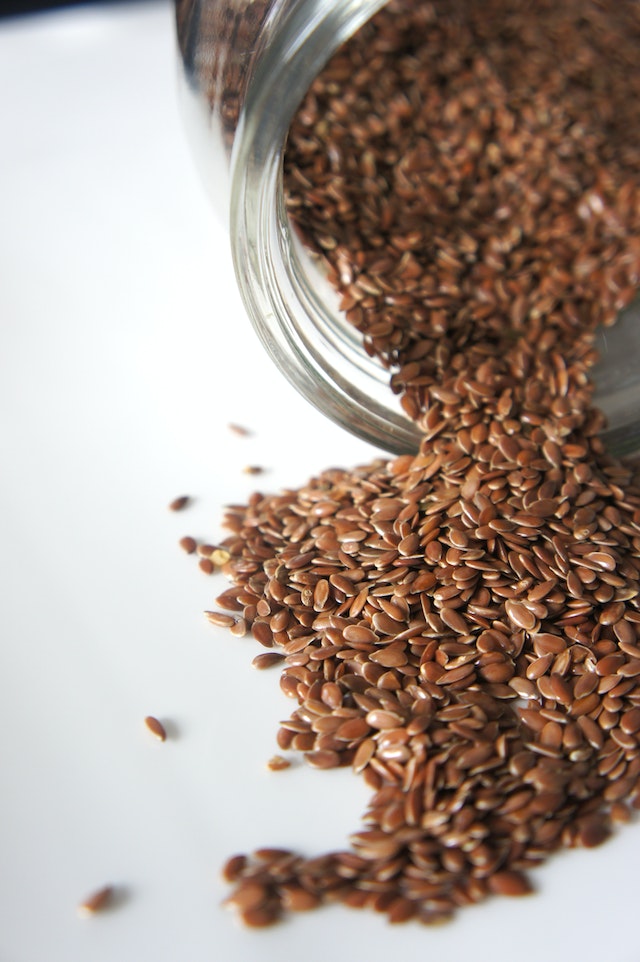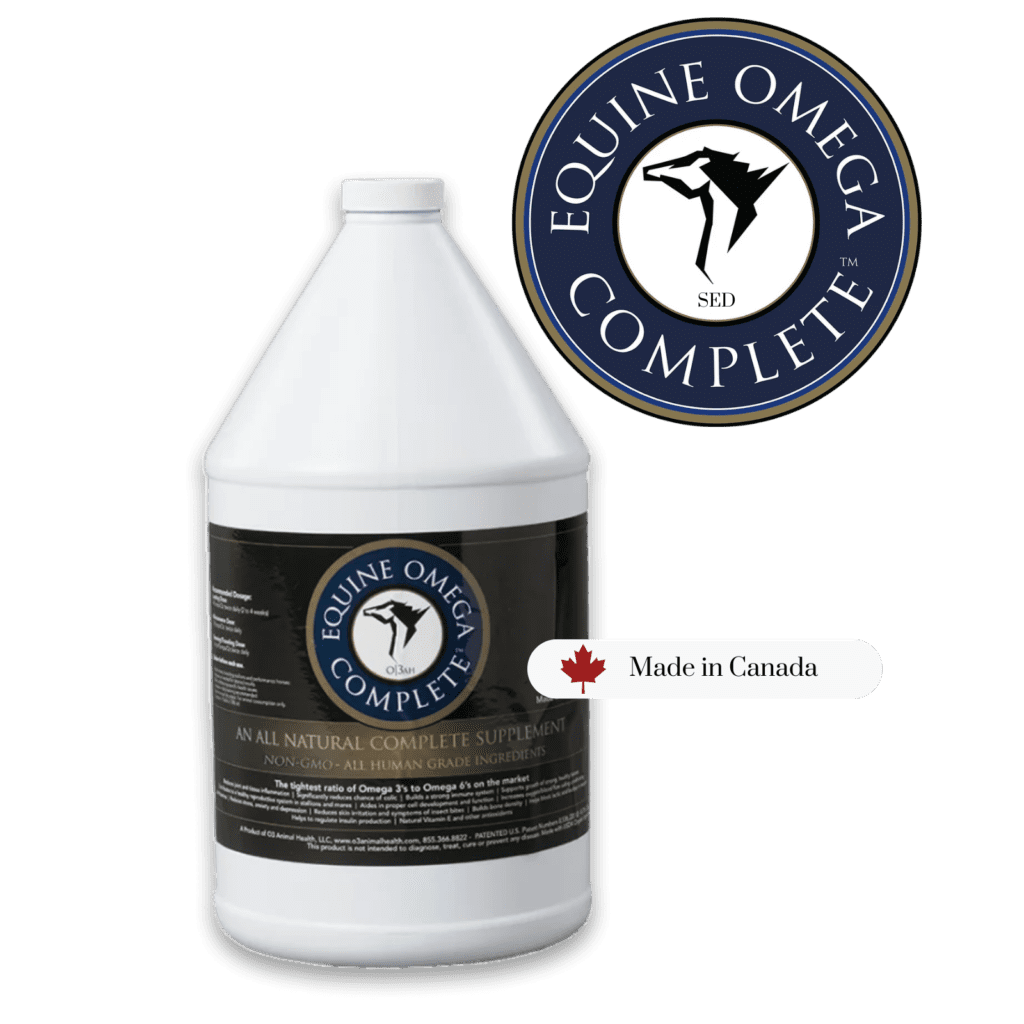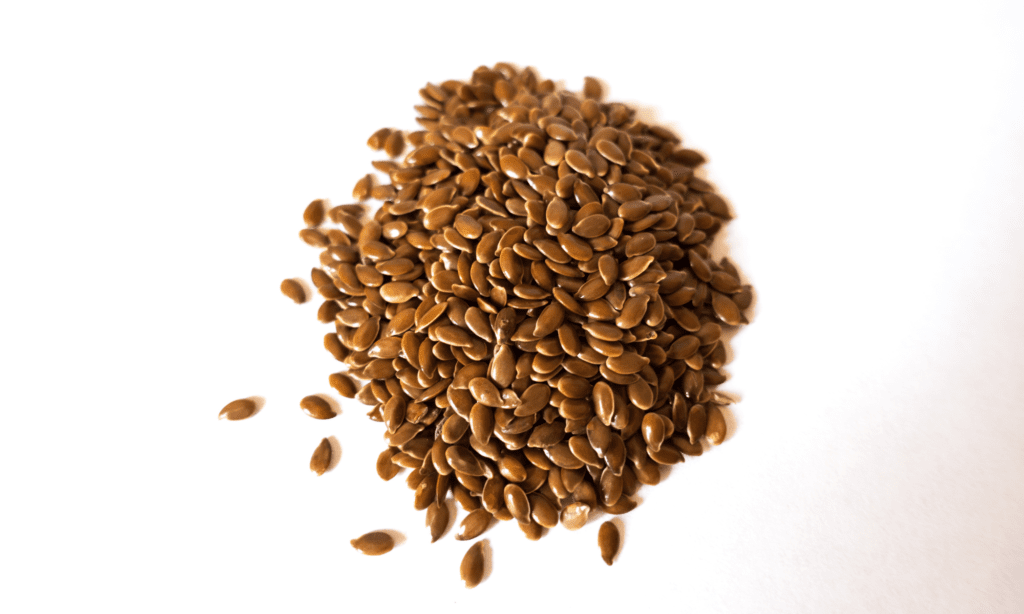Introduction
In the quest for optimal health, omega-3 fatty acids have taken center stage, and rightly so. These essential fats are renowned for their profound benefits on heart health, brain function, and overall well-being. Among the popular sources of omega-3s, flaxseed and fish oil stand out as two contenders in the spotlight. Both boast a rich reservoir of these beneficial fats but differ in origin, composition, and potential health advantages. In this comprehensive article, we will embark on an omega-3 showdown, comparing flaxseed to fish oil to unravel the unique advantages they offer and help you make an informed choice for your horse or dog.
The Omega-3 Basics
Before we delve into the comparison, let’s revisit the basics of omega-3 fatty acids. Omega-3s are polyunsaturated fats, and three main types are essential for equine and canine health:
Alpha-linolenic Acid (ALA)
ALA is a plant-based omega-3 fatty acid found primarily in flaxseed, chia seeds, walnuts, and other plant sources. The equine body can convert ALA into the active forms of omega-3s, eicosapentaenoic acid (EPA) and docosahexaenoic acid (DHA), albeit with limited efficiency.
Eicosapentaenoic Acid (EPA)
EPA is a long-chain omega-3 fatty acid predominantly found in marine sources, such as fish and algae. It plays a crucial role in reducing inflammation, supporting heart health, and improving mood and mental well-being.
Docosahexaenoic Acid (DHA)
DHA is another long-chain omega-3 fatty acid prevalent in marine sources. It is a key component of cell membranes in the brain and eyes and is essential for brain development and cognitive function.

Contender No. 1: Flaxseed
Flaxseed is a nutritional powerhouse, particularly revered for its ALA content. Approximately 55-60% of the total fat in flaxseed comprises ALA, making it one of the richest plant-based sources of omega-3s. However, while ALA offers vital health benefits, the body’s conversion of ALA into EPA and DHA is relatively inefficient, with conversion rates ranging from 5% to 10%. Therefore, relying solely on flaxseed as an omega-3 source may not provide adequate levels of EPA and DHA.

Contender No. 2: Fish Oil
Fish oil is derived from fatty fish like salmon, mackerel, sardines, and anchovies. It contains high concentrations of both EPA and DHA, offering a potent source of these essential omega-3 fatty acids. Unlike ALA from flaxseed, the EPA and DHA in fish oil are in their active forms, ready for immediate use by the body. This enhanced bioavailability ensures efficient absorption and utilization of these omega-3s, making fish oil a more effective option for obtaining these essential nutrients.
Stability and Shelf Life
Flaxseed oil tends to degrade more easily than fish oil due to its higher susceptibility to oxidation. Oxidation occurs when the fatty acids in the oil react with oxygen, leading to the breakdown of the oil’s chemical structure and the production of free radicals. This process can cause the oil to become rancid, resulting in a foul smell and taste.
Flaxseed oil primarily contains alpha-linolenic acid (ALA), a polyunsaturated omega-3 fatty acid (PUFAs). These PUFAs have more double bonds than fish oil, making them more susceptible to spoilage.
Fish oil contains a higher concentration of EPA and DHA, which are long-chain omega-3 fatty acids. These long-chain fatty acids have more double bonds than ALA, making fish oil less susceptible to oxidation; additionally, some fish oil products – like all of our Equine Omega products and Canine Omega Complete – are stabilized with antioxidants, such as vitamin E, to slow down the oxidation process and extend the oil’s shelf life.

Equine Omega Complete
This blend of DHA and EPA essential omega fatty acids and all-natural, human-grade vitamin E contains anti-oxidant and anti-inflammatory properties that contribute to overall horse health and targeted support for joint pain, ulcer prevention, healthy hooves, and a shiny coat.
Health Benefits
Heart Health
Both flaxseed and fish oil are associated with cardiovascular benefits. Flaxseed’s ALA content supports heart health by reducing inflammation and promoting healthy cholesterol levels. Similarly, fish oil’s EPA and DHA play a pivotal role in lowering triglycerides, improving blood vessel function, and reducing the risk of heart disease.
Brain and Cognitive Function
DHA, present in fish oil, is a critical component of brain tissue, and its consumption is linked to improved cognitive function and a reduced risk of cognitive decline. While ALA from flaxseed supports brain health to some extent, it may not offer the same level of brain-specific benefits as DHA-rich fish oil.
Inflammation and Joint Health
While flaxseed’s ALA can help reduce inflammation in various conditions, direct supplementation with EPA and DHA, in particular, have been shown to reduce joint inflammation and, in turn, alleviate arthritis; recent studies have shown that this combination also protects cartilage from the damage that ultimately causes this condition.
Cartilage-Sparing Properties of EOC®
Discover the groundbreaking study on Equine Omega Complete® (EOC®) that highlights its chondroprotective effects.
Mud Fever: Causes, Symptoms, and Treatment
As horse owners, we know how much we cherish the well-being of our equine companions. However, there are certain challenges that come with the changing seasons, and one of them is mud fever.
And the winner is...
Both contenders offer valuable omega-3 benefits, but fish oil is the clear winner. While flaxseed is a rich source of ALA, making it a choice for plant-based diets, it is a less efficient source of EPA and DHA. Additionally, it can degrade much quicker, requiring special care and attention when storing the product. Fish oil provides a direct and efficient source of EPA and DHA, making it a preferred option for those seeking a potent and immediate omega-3 boost. When combined with a natural antioxidant like vitamin E, the overall product benefits increase, and the product is more stable.
If you’re looking for a product that provides direct supplementation of omega fatty acids that is easily stored and fed, look no further than our line of products. Our Equine and Canine liquid vitamin supplements contain a patented blend that includes fish oil and natural liquid vitamin E, providing readily available essential nutrients DHA and EPA and antioxidant properties.




